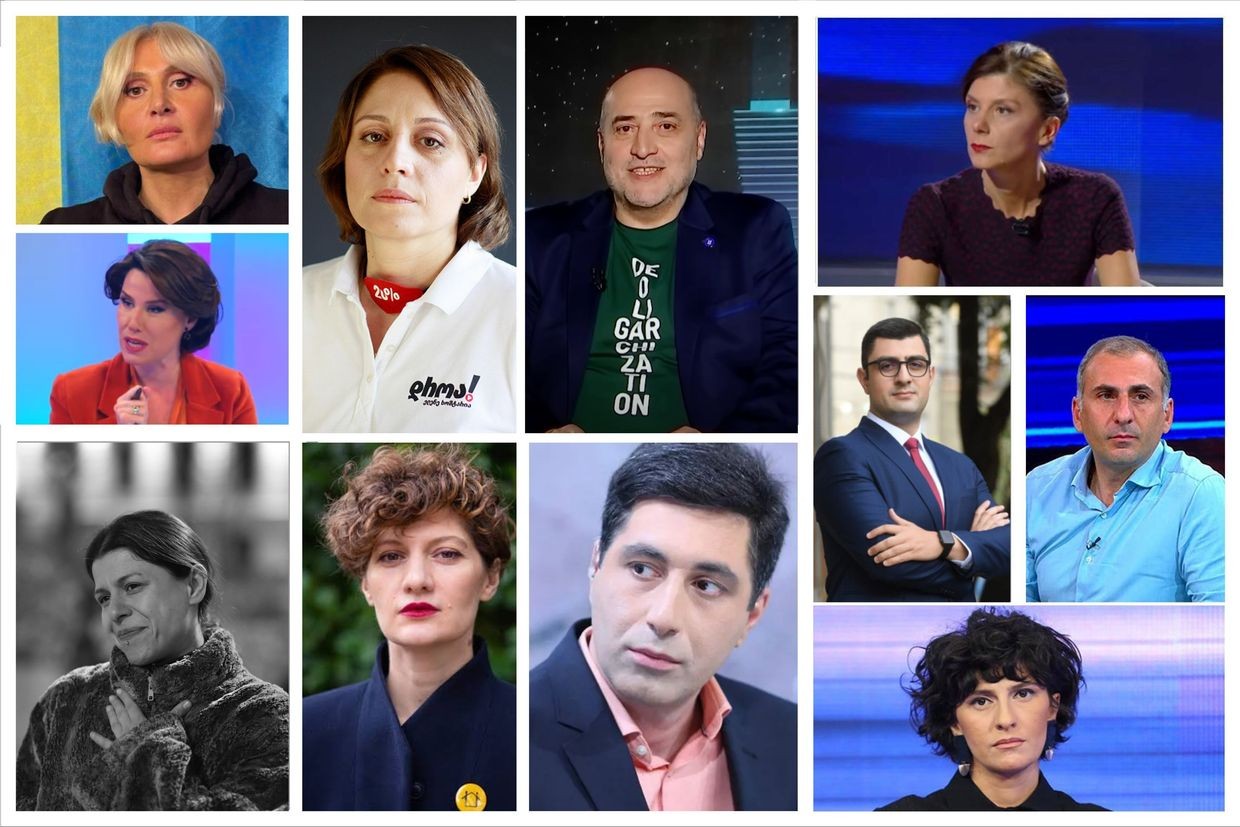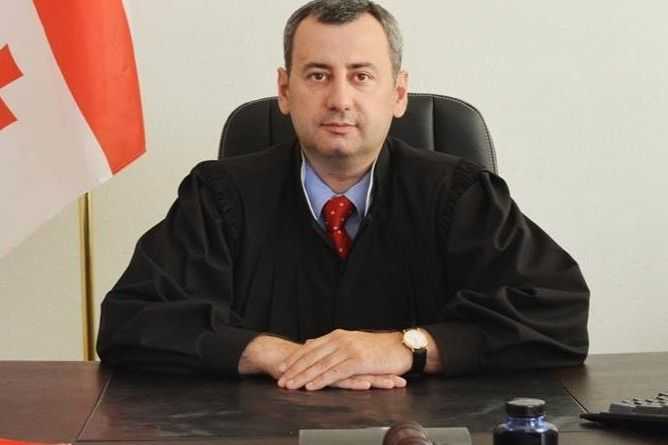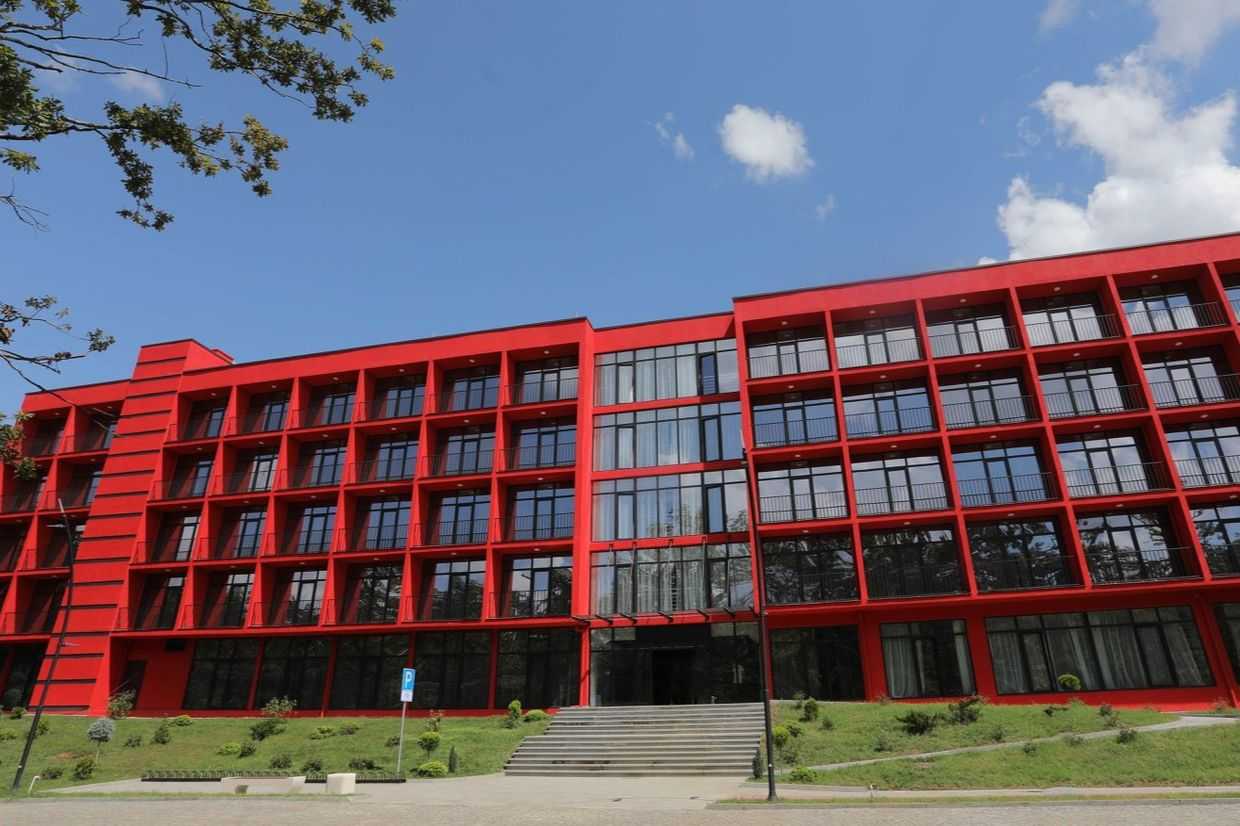
Up to 20 prominent activists, journalists, and opposition politicians have received court summons in Georgia for ‘insulting’ members of the ruling Georgian Dream party on social media.
Reports of the summons first emerged on Wednesday evening with cases concerning Georgian Dream MPs Nino Tsilosani, Mariam Lashkhi, Tea Tsulukiani, Davit Matikashvili, Irakli Zarkua, and Mamuka Mdinaradze.
According to RFE/RL, at least 15 were summoned, among them high-profile activists and opposition politicians, including opposition leaders Aleko Elisashvili and Elene Khoshtaria.
Khoshtaria, the leader of the Droa party, announced on Wednesday evening that she was summoned to court for insulting MPs Tsilosani and Lashkhi. In a Facebook post later that evening, Khoshtaria cursed at members of Georgian Dream, including Lashkhi and Parliamentary Speaker Shalva Papuashvili, and defended the use of insulting language against officials.
‘Is it better to speak a pleasant language or to stand in solidarity and the political fight with Russians? Even now the answer is clear, of course we must fight so that we and our children do not have to live swearing from anger for the rest of our lives!’ she wrote.
According to Publika, Ana Subeliani, a prominent activist, was also among those summoned.
On Facebook, Subeliani posted a screenshot of a post from February in which she refers to Tsilosani as a ‘vile non-woman’.
‘People, I’ve been summoned to court tomorrow at 12:00 for this, they say I insulted Nino Tsilosani’, she wrote.
Also on Thursday, Human Rights Defender Levan Ioseliani criticised those insulting politicians, saying ‘hate speech, bullying, incitement to violence, or profanity against public figures’ were unacceptable.
‘Expression of opinion, including for political purposes, cannot be aimed at harming or degrading a specific person. This is the standard, as the Strasbourg Court interprets Article 10 of the Convention’, he said, according to Netgazeti.
In 2019, Tsulukiani, one of those who had submitted complaints over insults, who at the time served as minister of justice, spoke out against criminalising profanity.
‘I haven't heard anyone say that profanity should be restricted. If profanity is restricted, we will all have to go to prison. Therefore, profanity should probably remain protected by freedom of expression. However, we are all proper, our parents taught us, and we know that profanity is bad’, Tsulukiani said.
‘Encouraged by European Bureaucracy’
Tsilosani defended the summons on Thursday, saying they served as ‘an example for people used to insulting others, slandering, accusing, and a hate campaign for which they are funded’. She additionally claimed that ‘no one will be detained’ as a result of the complaints.
‘Don't deceive your audience, no one will be detained, there is an administrative fine for this, and the fine will teach everyone to be polite and cultured’, she said, according to Tabula.
However, Georgian Dream is likely summoning its critics using one of the many laws it passed amidst the ongoing anti-government protests, which introduced insulting officeholders as an administrative offence. The article provides for a fine of up to ₾4,000 ($1,500) or administrative arrest for up to 45 days.
On 6 June, Georgian Dream announced it would sue social media users over ‘insults’ directed towards its members. MP Irakli Kirtskhalia justified the decision following claims that his colleagues were being targeted by an ‘organised campaign of hatred and terror’ led by the ‘radical opposition and extremist groups under their control’.
In addition to alleging that ruling party members were being ‘terrorised’, Kirtskhalia also asserted that this ‘terror’ was being encouraged by foreign-funded NGOs, international donors, and, ‘in some cases, directly by foreign governments’.

Earlier in June, two activists — Tatia Apriamishvili and Lika Lortkipanidze — were sentenced to administrative detention following a complaint filed by Lashkhi, who said they had verbally insulted her. Another activist involved in the incident, Magda Mamukashvili, was fined ₾4,000 ($1,500).
https://oc-media.org/tbilisi-court-arrests-two-students-for-insulting-georgian-dream-mp-lashkhi/
The day after activists, journalists, and political figures received their summons, Prime Minister Irakli Kobakhidze called on European ambassadors to ‘refrain from inciting hatred and contempt in Georgia’ — a likely allusion to statements made by Kirtskhalia that foreign governments were encouraging attacks on Georgian Dream members.
‘There should be no place for hatred and contempt in Georgian society, and we have the legal right to strongly oppose such processes’, Kobahidze said. ‘Unfortunately, we see encouraging steps from the European bureaucracy, which is very bad. Ambassadors are also very often involved in all this. Georgian society needs peace and needs this hatred to end somehow’.











